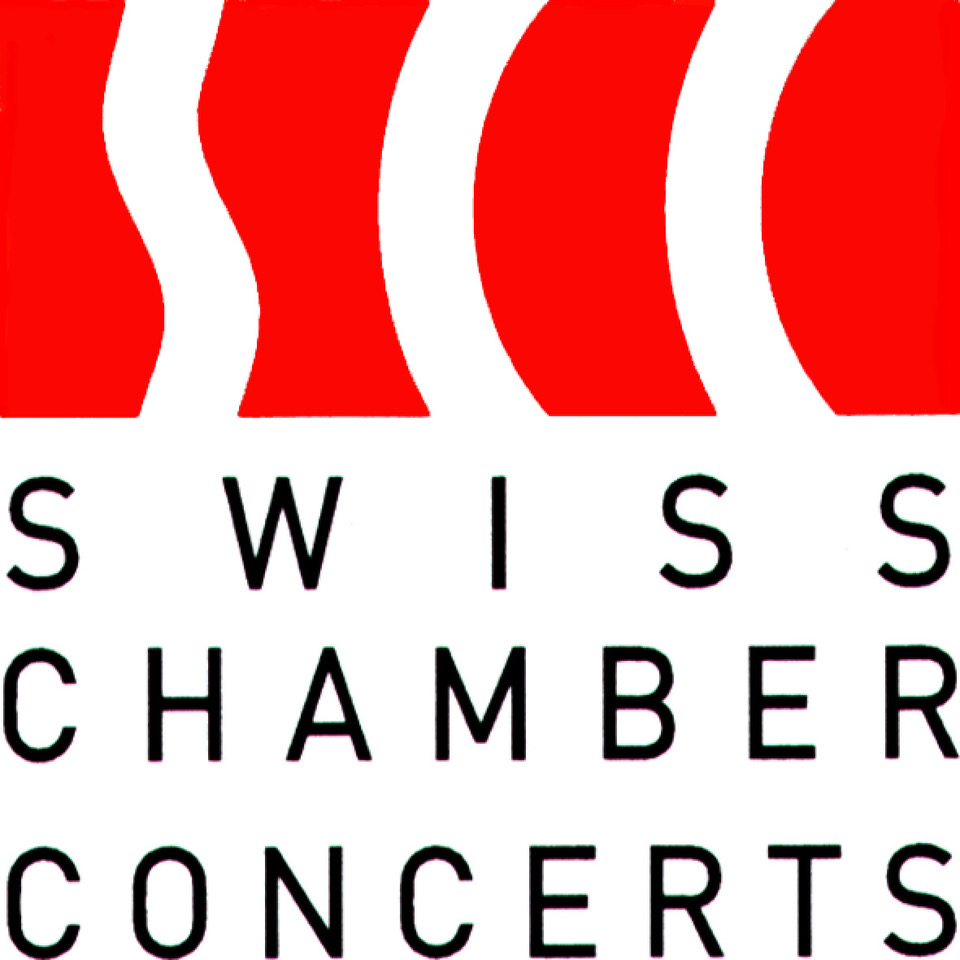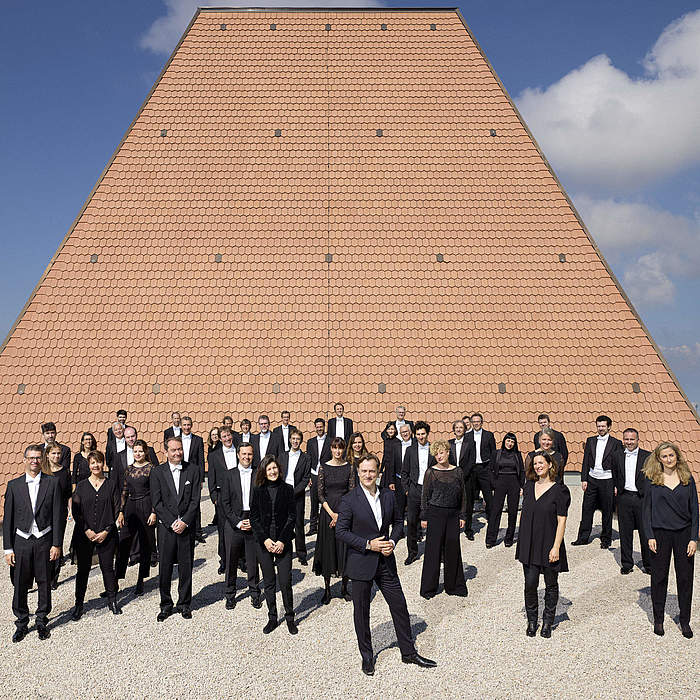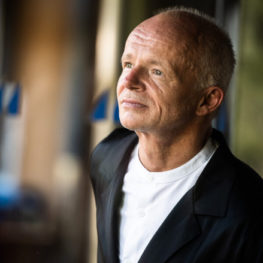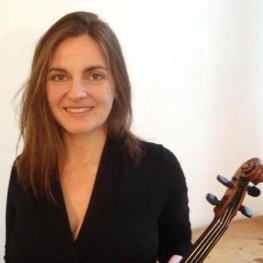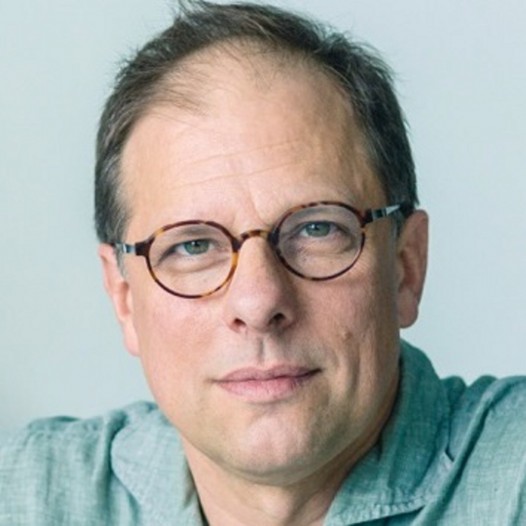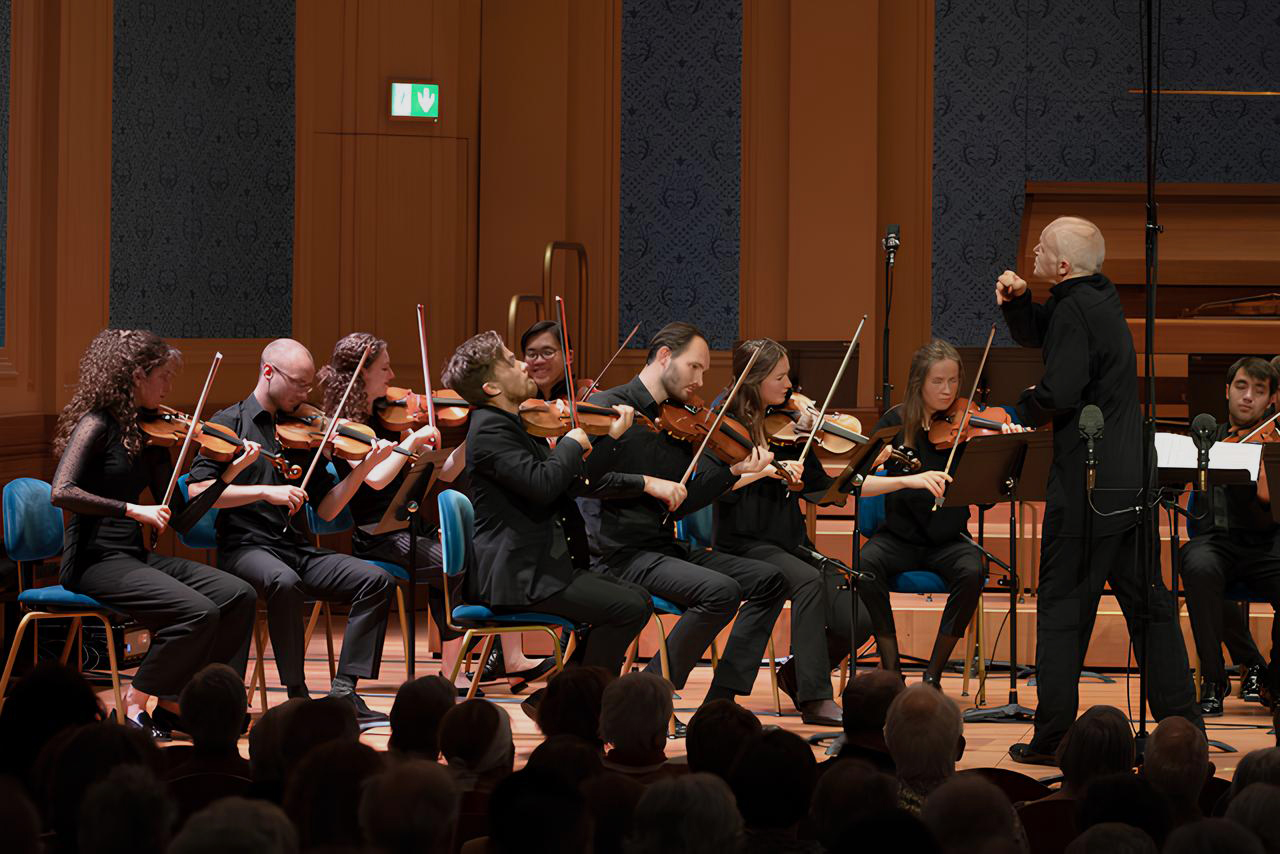Friday, September 26, 2025 at 7:30 PM
Starting from CHF 15.-
Tickets available online or on site on the day of the concert
A visionary artist, Thomas Zehetmair has played a major role in revitalizing the interpretation of the classical repertoire. As a violinist, conductor, and composer, he will showcase all three facets of his musical identity in this exceptional program.
At the heart of the evening is Polyptyque for violin and two string orchestras – a profound and luminous work by Frank Martin – performed alongside Mozart’s Sinfonia Concertante and the world premiere of a new double concerto by Zehetmair himself, written for viola, cello, and string orchestra.
PROGRAM
FRANK MARTIN - Polyptyque pour violon et deux petits orchestres à cordes
THOMAS ZEHETMAIR - Concerto pour alto, violoncelle et orchestre à cordes création mondiale
W.A. MOZART - Sinfonia concertante pour violon et alto en mi bémol majeur, KV 364
Approximate total duration: 1 hour 15 minutes (no intermission).
This string program highlights three works in which the dialogue between soloists and orchestra unfolds with great refinement. Composed in 1973 for Yehudi Menuhin, Polyptyque by Frank Martin draws inspiration from the structure of medieval altarpieces: six meditative movements for violin and two small string orchestras, alternating between lyrical introspection and dramatic tension.
Mozart’s Sinfonia Concertante in E-flat major, KV 364, written during his Viennese period, embodies the perfect balance between concertante virtuosity and the richness of orchestral dialogue.
Presented here as a world premiere, Thomas Zehetmair’s double concerto for viola, cello, and string orchestra — conceived as a response to Mozart’s —offers a contemporary perspective on the concerto form, with a writing style that is both inventive and expressive.
Starting from CHF 15.-
Tickets available online or on site on the day of the concert
Stay updated on the Odyssey!
Sign up now to receive the latest news directly to your inbox.
